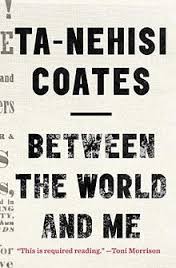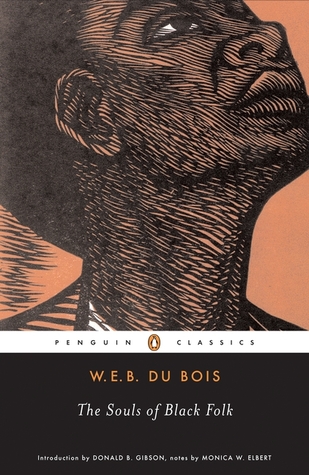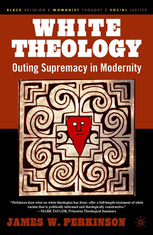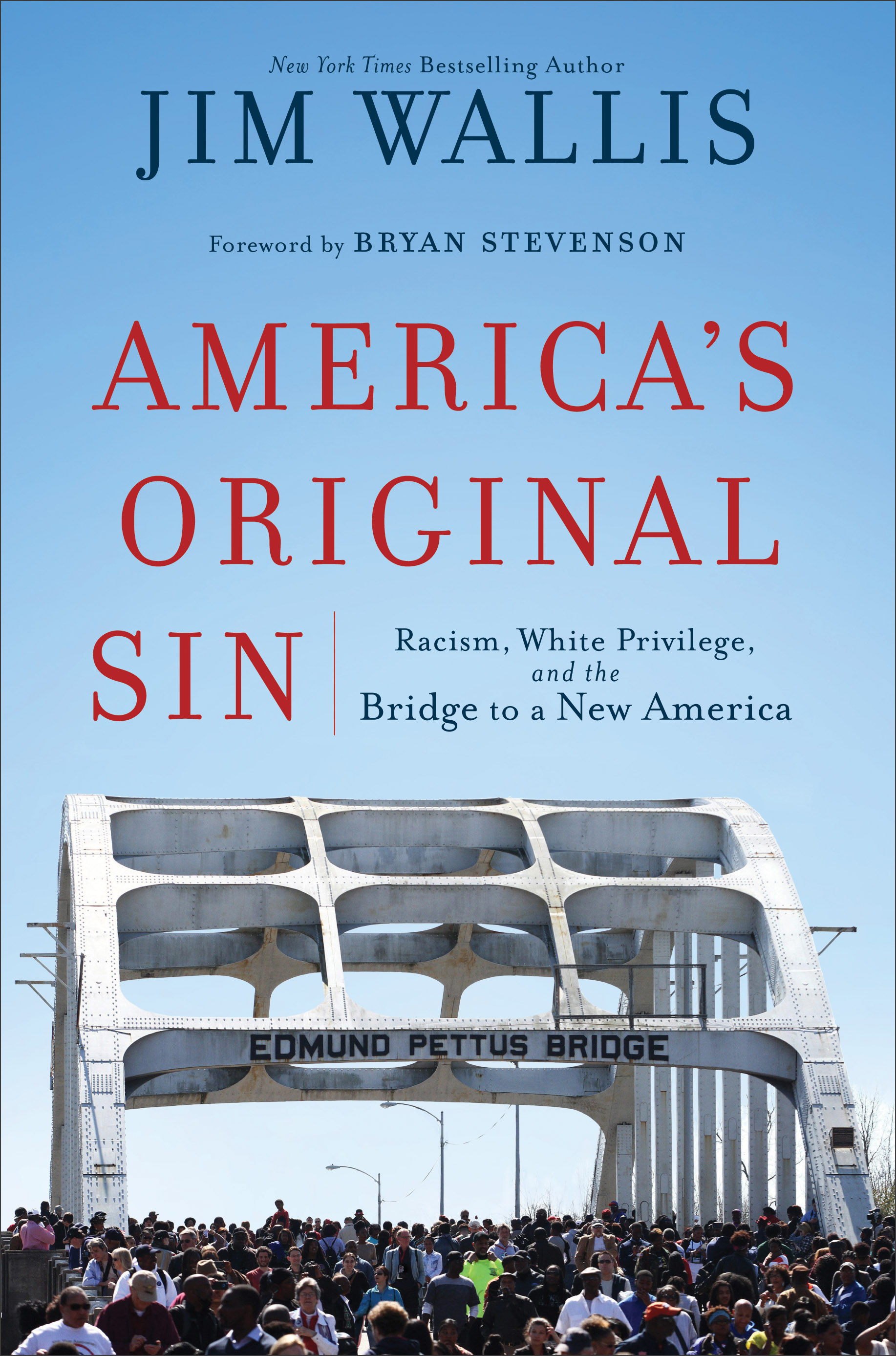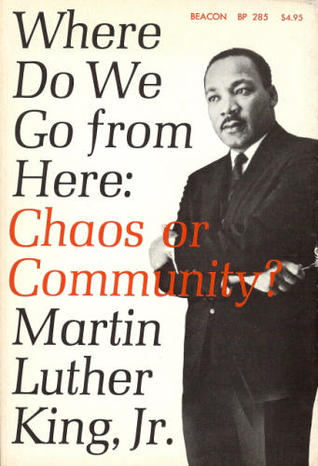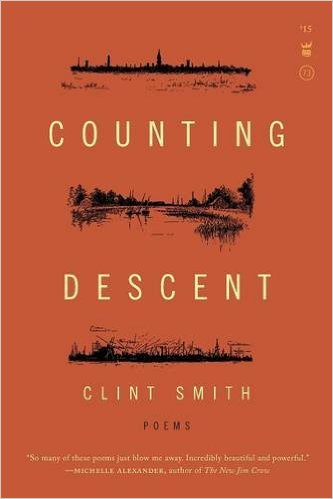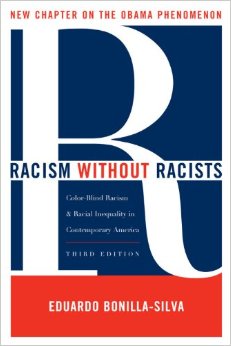I came to the Harry Potter craze late. My nieces and nephews read each book as soon as it was published. They were the ones standing in line at midnight waiting for the bookstore to open so they could be among the first to purchase the latest volume. At the time, I didn’t understand what all the fuss was about, but I was delighted to see so many children and teenagers engaged in such voracious reading.
Last year, I finally read the entire series. And I couldn’t put it down. As soon as I finished one volume, I began the next. I became friends with Harry, Hermione and Ron, and I was quite sad when I finished the very last page. But, there are some things from the books that I still think about almost daily; especially, the charms. Charms are spells that can be cast when one is in a difficult situation, and there are hundreds throughout the seven volumes.
I believe I think of these charms so often because I can see how the author, J. K. Rowling has given millions of children (and adults) techniques for facing tough situations in life. For instance, the children at Hogwarts learn the Riddikulus charm as a defense against Boggarts. Boggarts are non-beings that take on the form of a person’s worst fear. So, if one fears spiders, when she comes upon a boggart, it turns into a giant spider that can only be destroyed if the person points her wand at the Spider/Boggart and shouts Riddikulus! The spell turns the fear into something ridiculous that makes the caster laugh (a spider trying to stand on eight roller skates) and upon hearing the laughter the boggart disappears. The students at Hogwarts line up shouting Riddikulus as they practice standing up to and banishing their deepest fears.
What a gift J. K. Rowling has given to all who read her books! A practice with which to face their fears by shouting Riddikulus!
How do you face your fears? What practices have you cultivated? As a person raised in the Christian faith, I am grateful that through Sunday School, Vacation Bible School, attendance at worship services, I was given the gift of memorizing scripture verses that still arise in my heart, soul and mind when I am faced with challenging situations:
I can do all things through Christ who strengthens me. (Philippians 4:13)
Yea though I walk through the valley of the shadow of death, I will fear no evil. (Psalm 23:4)
Surely, it is God who saves me. I will trust in him and not be afraid. (Isaiah 12:2)
Such verses provide me with the assurance that I am not alone. God is with me and will never leave me to face my fears alone. They are Riddikulus!
What are your favorite verses? What verses are you teaching your children to hold in their heart, soul and mind? Scripture is filled not with charms, but with promises! While I highly recommend the Harry Potter books to you, I especially recommend our sacred scriptures which are filled with the promises of a God who will never leave us to face our troubles alone.
Alice



















































